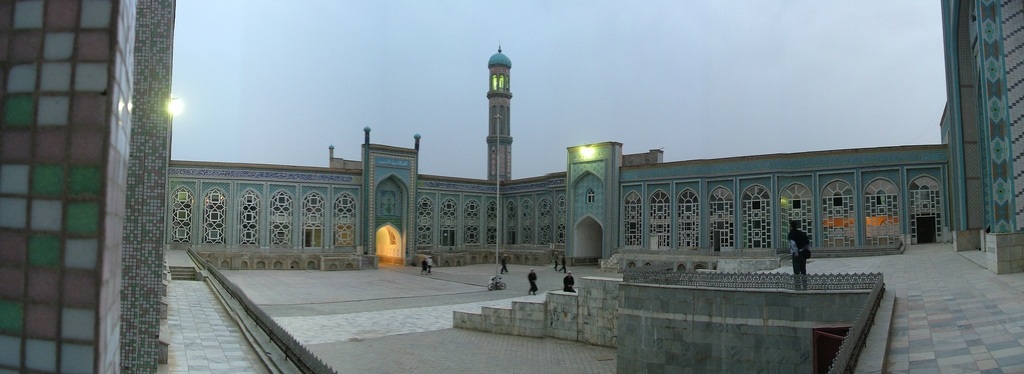
Bennett Briggs
Tajikistan, a mountains landlocked country in central Asia has one of the highest Islam populations by percentage of any nation in the world. At least 90% of the population is Muslim, with some studies indicating it could be as high as 98%. Those who are not Muslim belong to various Christian denominations, mainly the Russian Orthodox Church.
The constitution of Tajikistan technically protects religious freedom and freedom to worship, but other laws contradictorily fight against these basic principles. For instance, there are laws prohibiting persons under the age of 18 from participating in public religious activities (except for funerals), and women are effectively barred from attending Muslim services. In 2004, the Council of Ulema Fatwa prohibited women from praying in mosques. This remains in effect today, and while usually enforced, there are some mosques that are more lenient than others.
All religious groups must register with the Committee on Religious Affairs (CRA) to operate legally. If an organization decides not to register, authorities can fine its members or force their places of worship to close. The government also requires all persons studying religion abroad to register with the CRA, the Ministry of Education (MOE), and the Ministry of Foreign Affairs. The MOE also maintains a dress code banning the hijab (women’s headscarf) in schools and universities on the premise of preserving the secular education system. The government has generally interpreted its right to restrict religious activity extremely broadly and essentially has asserted its right to approve or ban any religious activity at its discretion.
There have been numerous reports of discrimination against individuals for religious reasons, from social pressures to hiring in the workplace. There have also been charges brought against individuals for possessing “illegal religious material” or allowing underage boys or women to pray at Mosque. The government has even installed cameras at some mosque to “monitor” their activities.
Other minority religions continue to report that local authorities have obstructed their efforts to register new churches, refused to provide the necessary registration documentation, and even intimidated members.
Tajikistan currently has approximately 3,452 “five-time” prayer mosques and 357 “Friday prayer” mosques (larger facilities which are built for weekly prayers). They have also started building one of the world’s biggest mosques and when complete in 2014 the Dushanbe Grand Mosque will be one of the biggest mosques outside Saudi Arabia, and will be able to hold roughly 115,000 worshippers at one time.